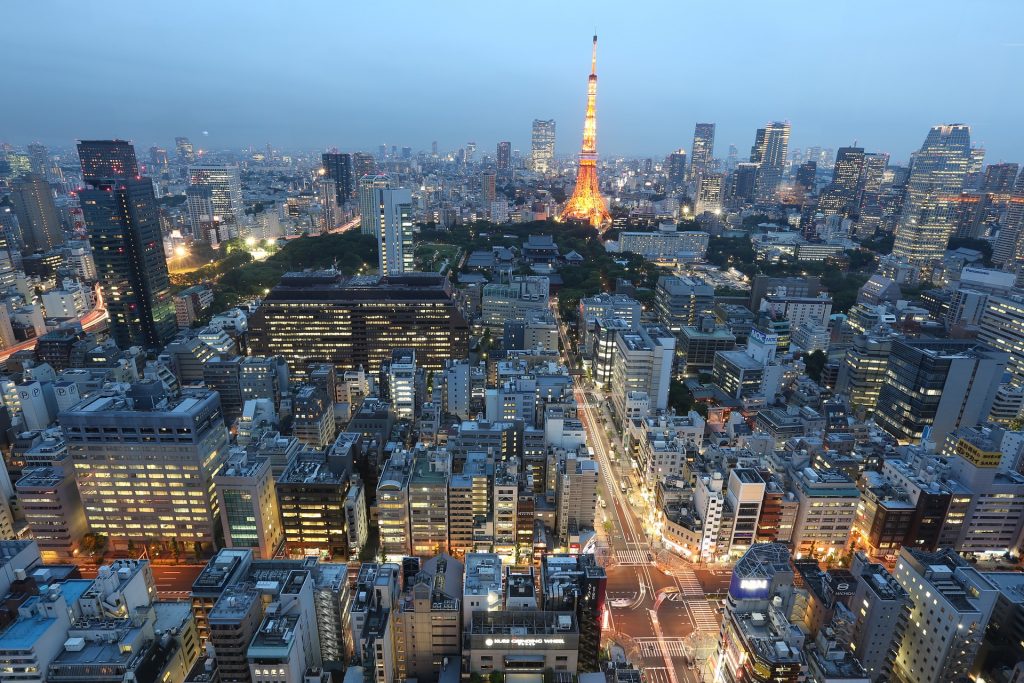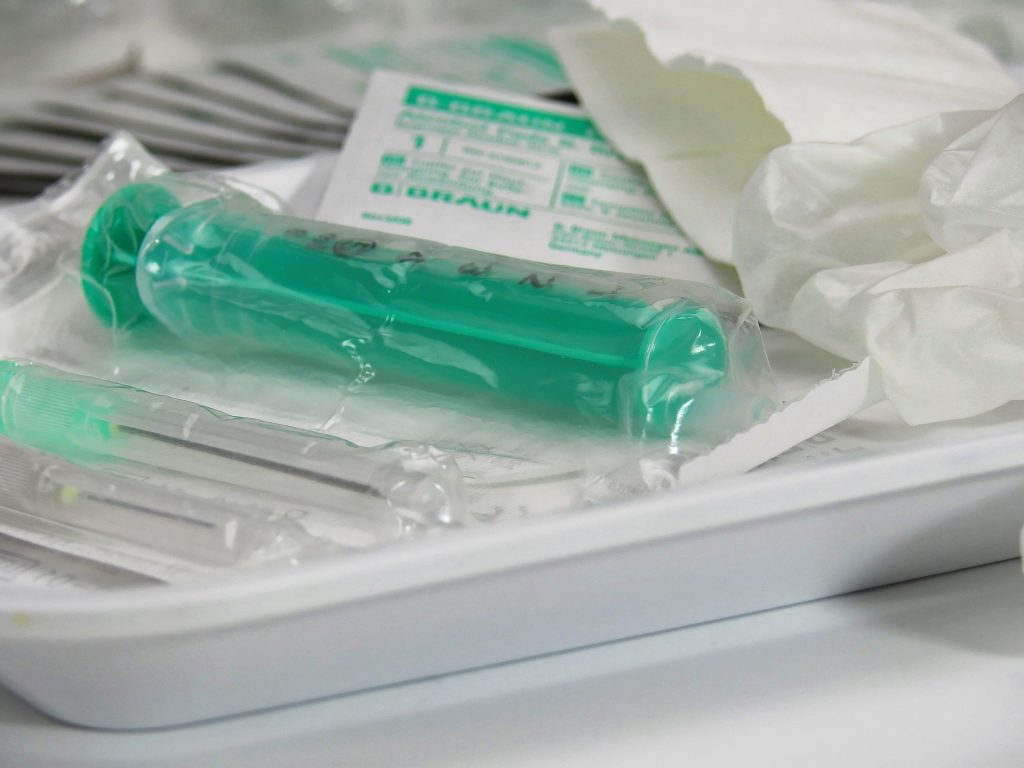
In Louis Pasteur’s country, about 15% of babies are not vaccinated because more than 40% of the population believes that vaccines are not safe. A belief that has been strengthened over time.
Andrew Wakefield’s study, published by “The Lancet” magazine in 1998, that linked autism to the SRP vaccine, which contains Thimerosal (a substance derived from mercury used as a preservative in vaccines), has given a strong impetus to the feeling of insecurity about vaccines. The truth is that the Wakefield case was proven to be false and yet the French Medicines Agency decided in 2000 to ban vaccines with Thimerosal, such as the U.S. (in 1999) and other countries.
But the fear remains very much alive, as suspicious cases continue to appear, such as three babies who died after vaccination with Rotavirus. There are more recent examples of deaths associated with the H1N1 vaccine, and in 2014, French authorities even assumed that there was a direct link between the Hepatitis B vaccine and a sudden increase in multiple sclerosis, although it has not been scientifically proven. In this context, in June 2017, the European Court of Justice (ECJ) decided that vaccines could be targeted as a source of diseases even without scientific evidence. The sentence was based on a case of a Frenchman (J.W. who died in 2012) vaccinated against Hepatitis B in the late 1990s and who was diagnosed multiple sclerosis a year later.
The ECJ decision considers now that the vaccine can be considered the cause of the disease, providing that the remaining evidence is sufficiently serious, specific and consistent (read here the Court’s decision).
But there are more cases, such as the one of the Portuguese Suzette Fernandes, who in 1999 discovered that she suffered from Macrophagic myofasciitis, a rare muscular disease associated with the aluminum hydroxide used in certain vaccines.
Although a large part of French people distrust vaccines and refuse them, the government led by Emmanuel Macron decided that from 2018 on, it will be obligatory to receive 11 vaccines. At stake is the outbreak of measles that has shaken Europe and to which France has also not escaped. But the governmental imposition shatters day by day, as many doctors also fear the harmful effects of vaccines and accept, whenever parents ask, the exception provided by law to not administer the vaccines.

Feel more about vaccination in:
Sweden is against mandatory vaccines
The United States of America assume that no vaccine is completely safe
Why give immunity to pharmaceuticals?
Does the Portuguese Constitution provide for the right to non-vaccination?
Can I refuse to vaccinate my children?
Can the school reject a student who does not have vaccines?
Reinforce your awareness in:
https://www.youtube.com/watch?v=Oi8HGQqWT7I




